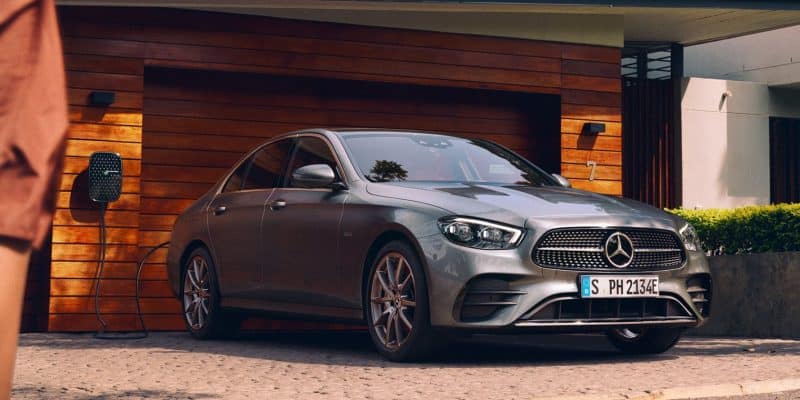In South Africa, the German manufacturer Mercedes-Benz is proposing that the authorities speed up the development of electromobility in order to join the global energy transition.
“South Africa needs to regulate quickly to stimulate demand for electric vehicles”. These are the words of the joint Managing Director of the local subsidiary of German car giant Mercedes-Benz. According to Mark Raine, now is not the time for hesitation in accelerating electromobility, particularly in view of the energy crisis that has been affecting the rainbow nation for several years now.
“A concrete e-mobility policy is absolutely necessary and should be implemented as soon as possible. It would support the inevitable evolution of the automotive industry towards the energy transition with innovative solutions”, explained Mark Raine, head of Mercedes-Benz Cars South Africa, to our colleagues from the British press agency Reuters.
In fact, the car group is putting pressure on the South African authorities because 90% of its production of combustion-powered vehicles in East London (Eastern Cape province) is exported mainly to Europe. These petrol-powered cars will be banned from circulation on the Old Continent as part of the European Union’s (EU) Green Pact. So, Mercedes-Benz, like most other multinational carmakers, wants to increase its all-electric offerings.
Read also-AFRICA: Electric mobility can defy the climate crisis, says General Motors
The German brand already offers several electric ‘EQ’ models, from 4 to 7 seats, with batteries that are powered by clean energy at dedicated public recharging stations. In South Africa, it competes in this market with other manufacturers such as the Japanese Toyota, Nissan and Isuzu, as well as the American Ford. The automotive sector will account for 7% of the South African economy in 2019, according to the National Association of Automobile Manufacturers South Africa (NAAMSA).
Benoit-Ivan Wansi





